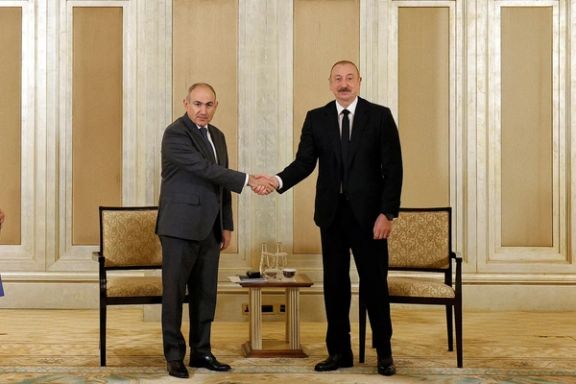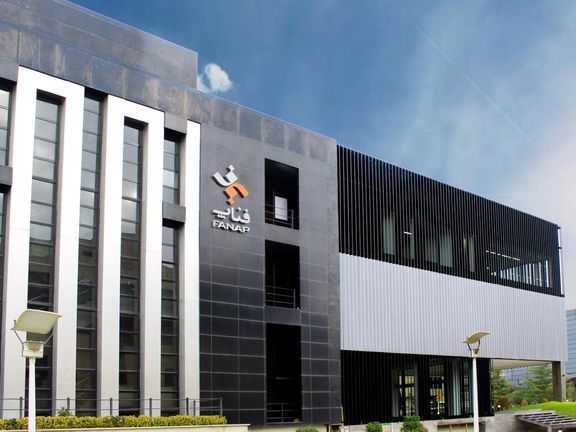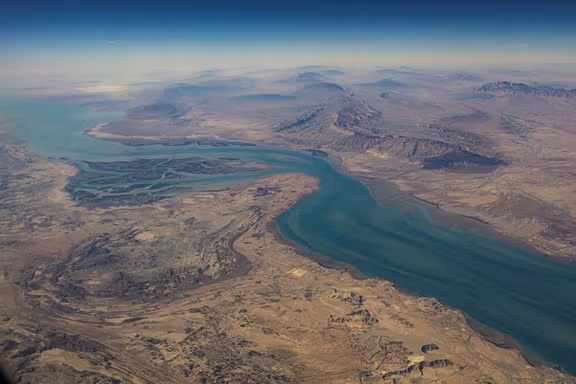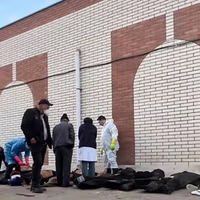“Iran’s air defense was damaged early in the 12-day war, but since then Iran has rebuilt and modernized its systems. Israel now realizes that Iran’s air defense in a future war would be multiple times stronger,” Tasnim News wrote in an editorial.
One of the most comprehensive official takes from Iran's security apparatus which was badly bludgeoned in the June conflict, the article doubled down on an official narrative that Tehran had triumphed and pledged greater future accomplishments.
Another Israeli attack is highly unlikely, it added, warning that concerns in Iran of renewed hostility in Iran was unhelpful speculation.
“Iran’s missile arsenal remains intact, and some of its most destructive missiles haven’t even been used yet. Any new war would mean greater destruction in Israeli-occupied territories,” the article said.
'Regime change failed'
Israel launched a surprise military campaign on June 13 targeting military and nuclear sites, assassinating senior Iranian commanders and killing hundreds of civilians. In response, Iranian missile strikes killed 29 Israeli civilians.
According to an Iranian government spokesperson, 1,062 Iranians were killed during the conflict, including 786 military personnel and 276 civilians.
The United States capped off the conflict with attacks on Iranian nuclear facilities at Isfahan, Natanz and Fordow with long-range bombers and submarine-launched missiles on June 22. Washington brokered a ceasefire on June 24.
Tasnim also warned that some media outlets and social media users continue to raise the alarm about another imminent Israeli attack. However, it argued that Israel’s core objective “regime change in Iran” had failed.
“In the recent war, Israel bet heavily on political and social collapse in Iran, expecting the public to turn against the Islamic Republic. But what actually happened was the complete opposite of their expectations,” the article said.
In response to the attacks on its nuclear facilities, Iran suspended cooperation with the International Atomic Energy Agency (IAEA), conditioning any future engagement on new terms.
Iran’s foreign minister said on Wednesday that the UN nuclear watchdog must clarify how it intends to inspect nuclear sites bombed by Israel and the United States.
Israel not positioned for a second attack
The article contended that Israel’s surprise attack was the result of years of intelligence preparation, and that replicating such an operation would require years more planning.
“After decades of intelligence gathering and planning, Israel attempted to catch Iran off guard, assassinating commanders, disabling defense systems and aiming for a swift decapitation strike,” the report said.
“It did kill several high-ranking military officials and nuclear scientists, but failed to achieve its main goal: the collapse of Iran’s political and social structure and its defense systems,” Tasnim added.
Among those killed during the war were several senior IRGC commanders, including Armed Forces Chief of Staff Mohammad Bagheri, IRGC Commander Hossein Salami, IRGC Aerospace Force Commander Amir Ali Hajizadeh and IRGC Deputy for Operations Mehdi Rabbani.
“Israel gambled everything on this surprise attack but lost. Rebuilding its intelligence network will now take years, meaning Israel is not logically positioned to mount another assault,” the report said.
An Iranian analyst said in July that Israel had hacked Iran’s entire air defense system during the war and that more than 100 Iranian missile launchers exploded upon activation.
“Israel has already lost a war it spent decades preparing for. With exposed defense systems, internal political chaos, and Iran growing stronger and more united, a second act of aggression would not only fail, but would bring even more devastating consequences,” Tasnim added.















